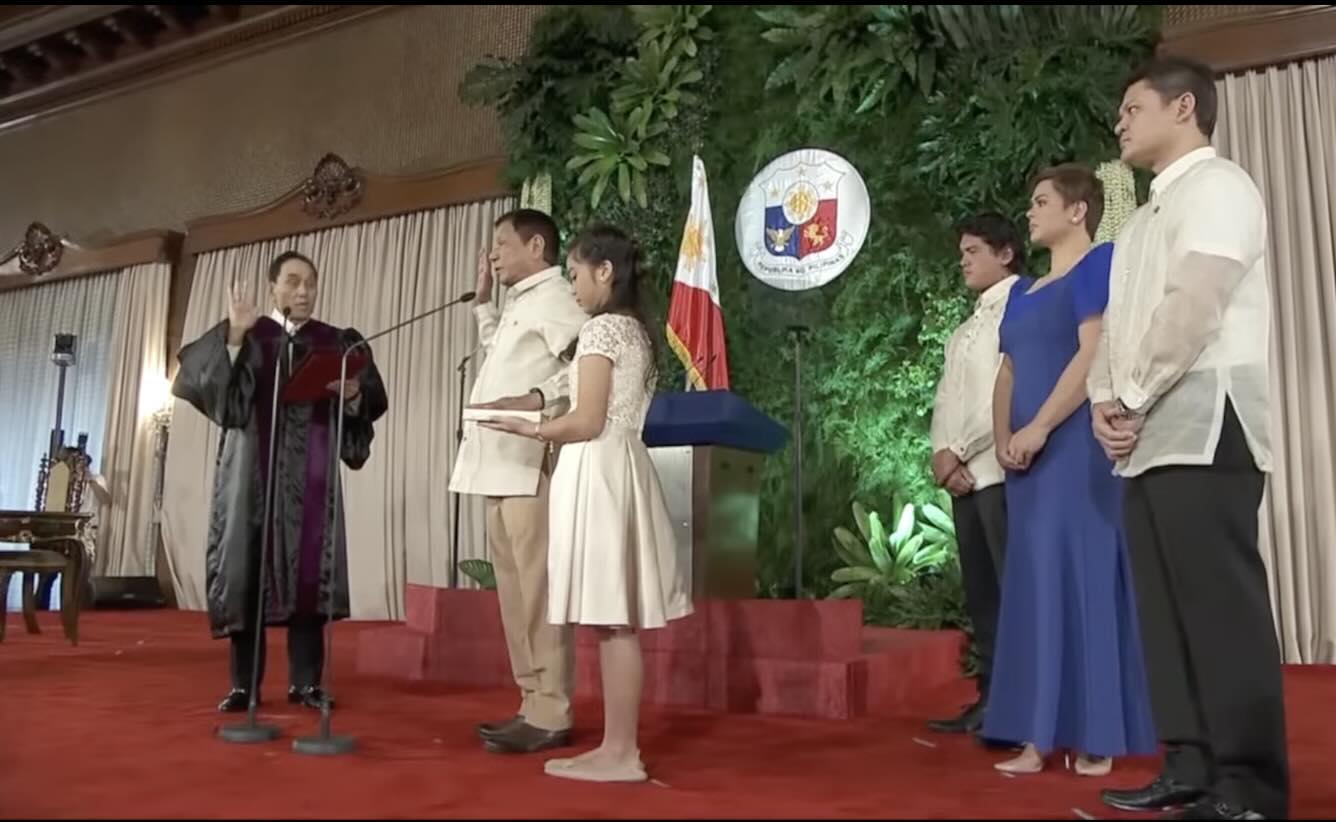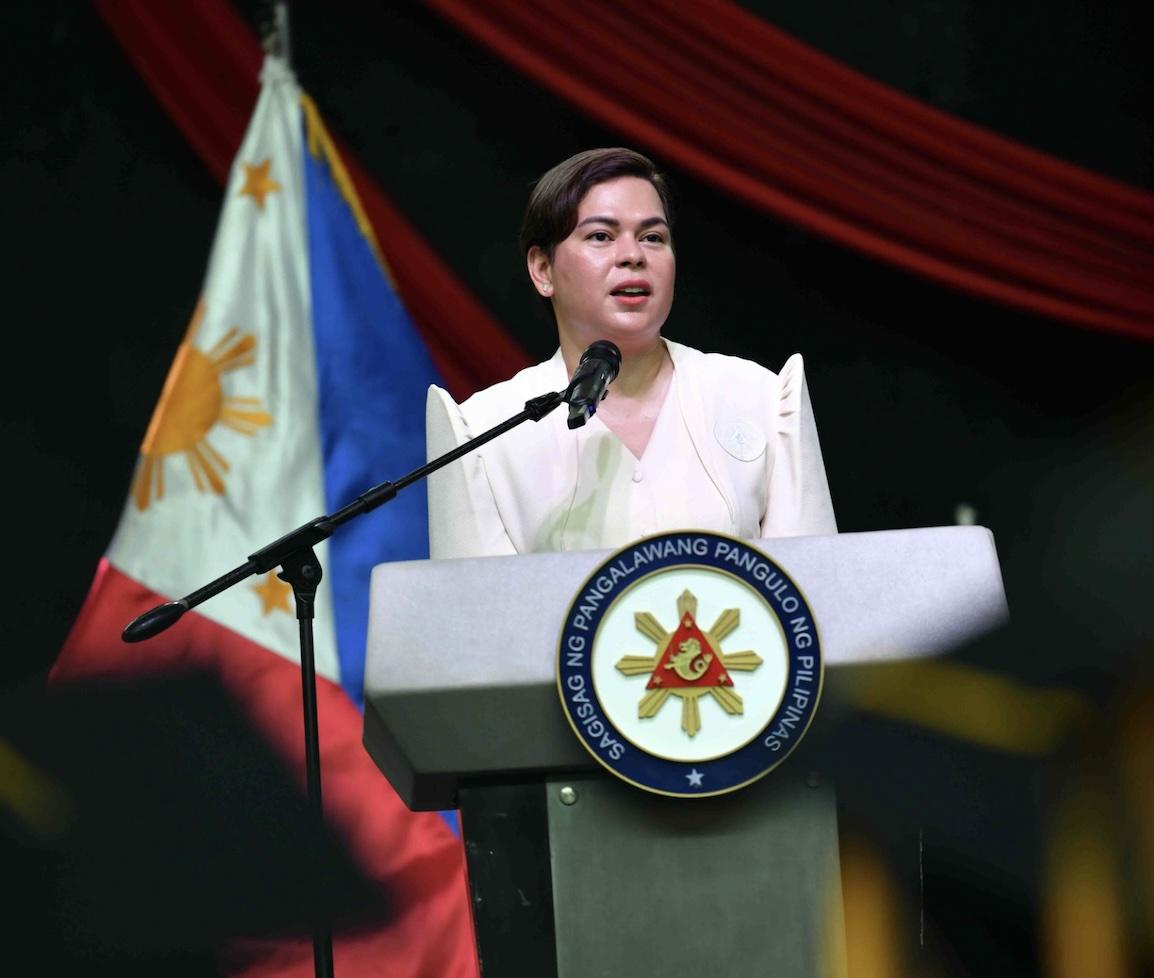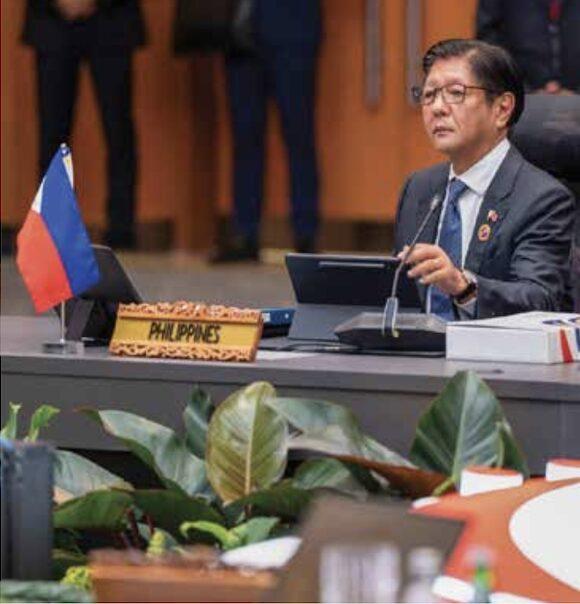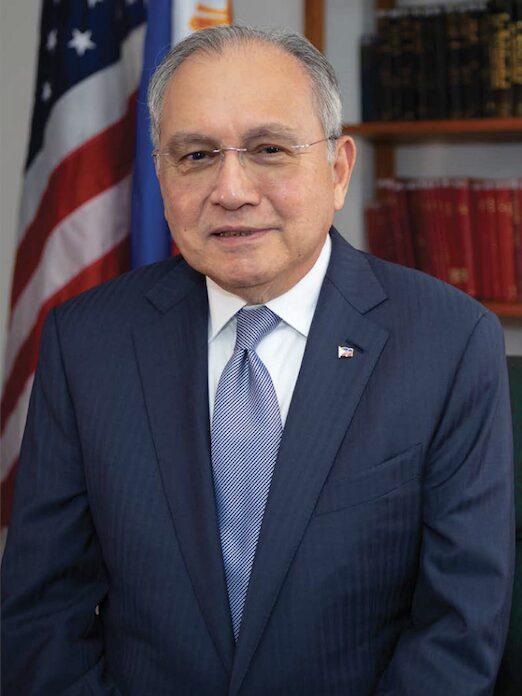Rodrigo Roa Duterte during his oath taking as the 16th President of the Republic of the Philippines in 2016, at the Rizal Ceremonial Hall of Malacañang Palace in Manila, administered by then Supreme Court Associate Justice Bienvenido L. Reyes. Holding the Bible is Duterte’s youngest daughter, Veronica “Kitty” Duterte, witnessed by his older children—Paolo Duterte, Sara Duterte-Carpio, and Sebastian Duterte. (File Photo)
Weeks after Rodrigo Duterte’s election as Davao mayor, the DILG says it will seek ICC approval for his oath-taking. Philippine law does not disqualify him—but practical hurdles remain.
DAVAO CITY — Weeks after former President Rodrigo Duterte secured a sweeping victory in the Davao City mayoral race while in detention at the International Criminal Court (ICC), Philippine authorities are now assessing how—and whether—he can be formally sworn into office.
According to the Department of the Interior and Local Government (DILG), there is currently no legal barrier under Philippine law that would prevent Duterte from taking his oath as mayor. But whether he can do so from a detention facility in The Hague remains subject to international approval.
“We will coordinate with the ICC to allow him to take his oath,” DILG Secretary Jonvic Remulla said in a recent statement. He added that the agency recognizes the result of the election and is prepared to explore legal and diplomatic mechanisms to honor the people’s vote.
No Disqualification Under Local Law
Under Philippine law, only individuals who have been convicted with finality are disqualified from assuming public office. Duterte, who has not been convicted either domestically or internationally, remains eligible to serve. He won the mayoralty in May with over 660,000 votes—more than eight times the tally of his nearest rival, Karlo Nograles.
The Local Government Code does not restrict where an oath of office can be administered, and allows consular officers abroad to administer oaths. This opens the possibility of Duterte being sworn in by a Philippine official at the ICC facility—if the Court grants permission.
As of this writing, the ICC has not publicly responded to the matter.
If the Oath Is Delayed
Philippine law provides some flexibility. If Duterte is unable to take his oath by June 30 due to “justifiable cause,” he may be allowed to defer the ceremony temporarily. However, if the situation extends indefinitely and he remains unable to assume office, the law requires the vice mayor-elect to step in.
That position is held by Sebastian Duterte—Rodrigo Duterte’s son and the outgoing city mayor—who would serve as acting mayor until a resolution is reached.
A Legal and Diplomatic Puzzle
There is no precedent in Philippine political history for an elected official attempting to assume public office while under international detention. The case presents not just a legal issue, but also a diplomatic balancing act, as the Marcos administration navigates between honoring a local electoral mandate and respecting international judicial protocols.
Legal analysts say the issue may ultimately be clarified only through formal Court communication—or even a Supreme Court petition. For now, DILG officials say they will defer to the Department of Foreign Affairs to formally handle any communication with the ICC.
What’s clear is that Duterte’s return to local politics—symbolic and controversial—is already testing the boundaries of both domestic governance and international law.






